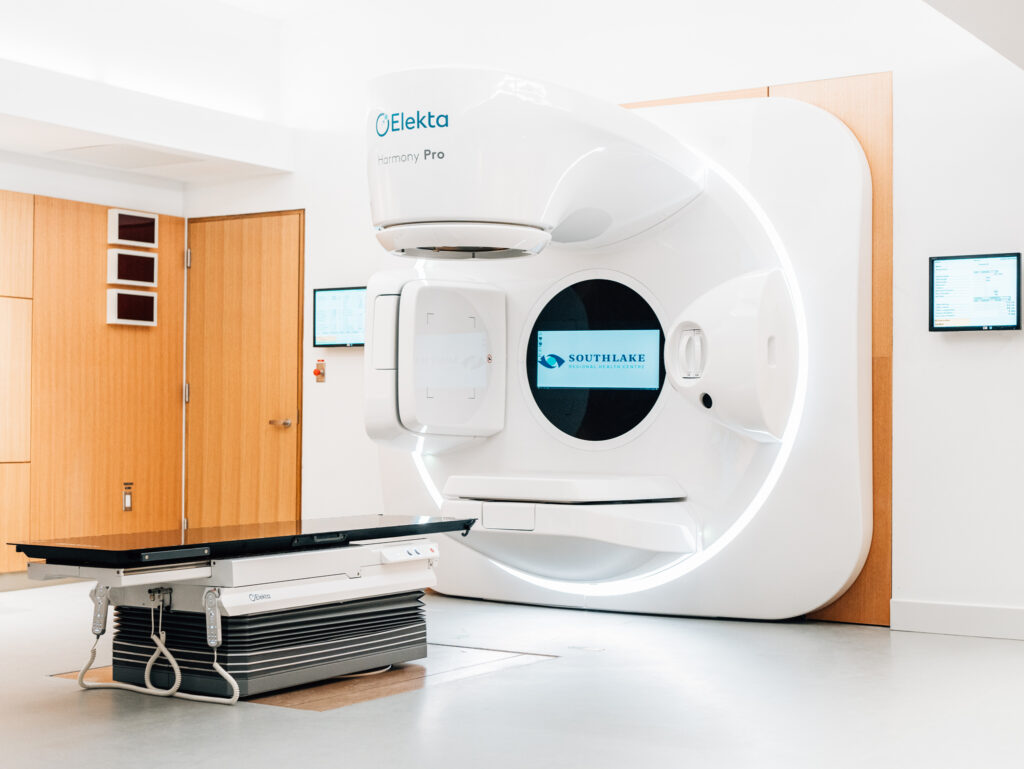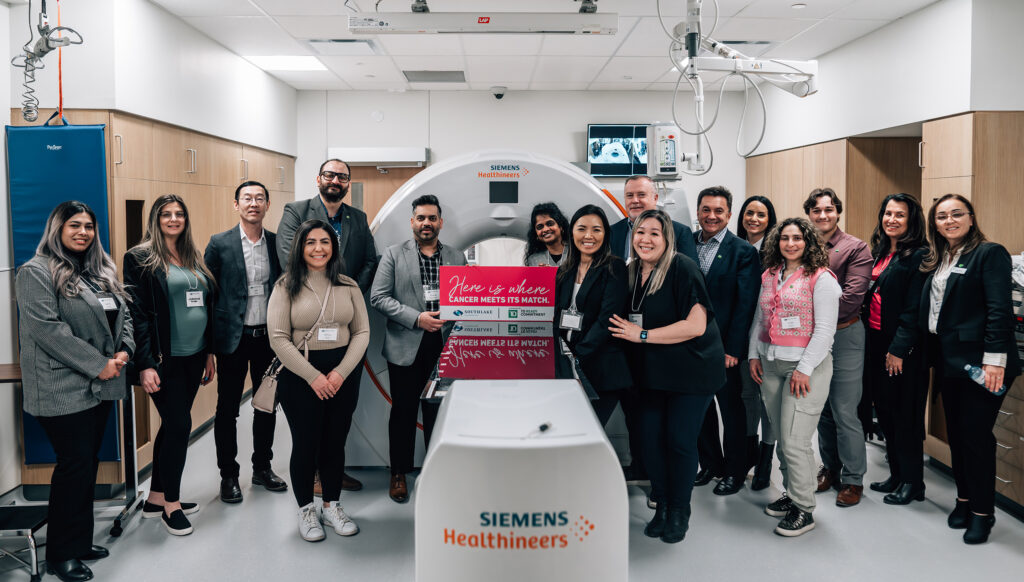The following was written by a member of the Southlake community and is being shared to increase awareness of organ donation:
The month of April is Be a Donor Month. I wanted to share my story to bring light to the need for organ donation.
I have kidney disease. I am 49 years old and when I was 29, I was diagnosed after the delivery of my first born. Over time my kidney disease has gotten worse causing my kidneys not to work well enough to keep me alive. My current treatment options are limited to dialysis or a kidney transplant. I have started peritoneal dialysis treatment 7 times a week for 9 hours each night. While this will help my kidneys do their job and keep me alive, a transplant would offer me more freedom and the ability to live a longer, healthier and more normal life. A transplant would also give me more time to enjoy memorable moments with family and friends and to continue working.
However, finding a kidney for a transplant is not easy. Just ask the thousands of people on the waiting list for a deceased donor kidney like me. Time is not on our side. Some wait years, many die while waiting. The average wait time is five years or more for a kidney from a deceased donor. However, there is another option: receiving a kidney from a living donor.
Asking someone to consider a living donation is difficult, but it greatly improves the chances of getting a transplant. Specialists say that it is best to have a non-family member be a living donor due to my type of disease. A living donation typically lasts longer and has better function.
You might not know much about living donation – I know I did not before kidney disease affected my life. Understandably, some people are afraid about the surgery and what living with one kidney will mean for them. Here is some basic information about kidney donation:
- You only need one kidney to live a healthy, long life.
- Most donor surgery is done laparoscopically, meaning through tiny incisions.
- The recuperation period is usually fairly quick, generally 2 weeks.
Living donors have a separate team of healthcare professionals. Their job is to help you understand the risks and benefits and look out for YOUR best interests.
You can learn more about living donation at www.kidney.ca. If you would like to talk to someone who has donated a kidney you can contact www.transplantambassadors.ca or call 133-274-3740. Living donors can donate to an unknown recipient or specify someone.
Thank you for taking the time to read my story. I hope it increases awareness about those waiting for a donation and the living donor option. I know living donation may not be right for everyone – but you can still help. Consider being an organ donor after death. To learn more, visit www.beadonor.ca.


